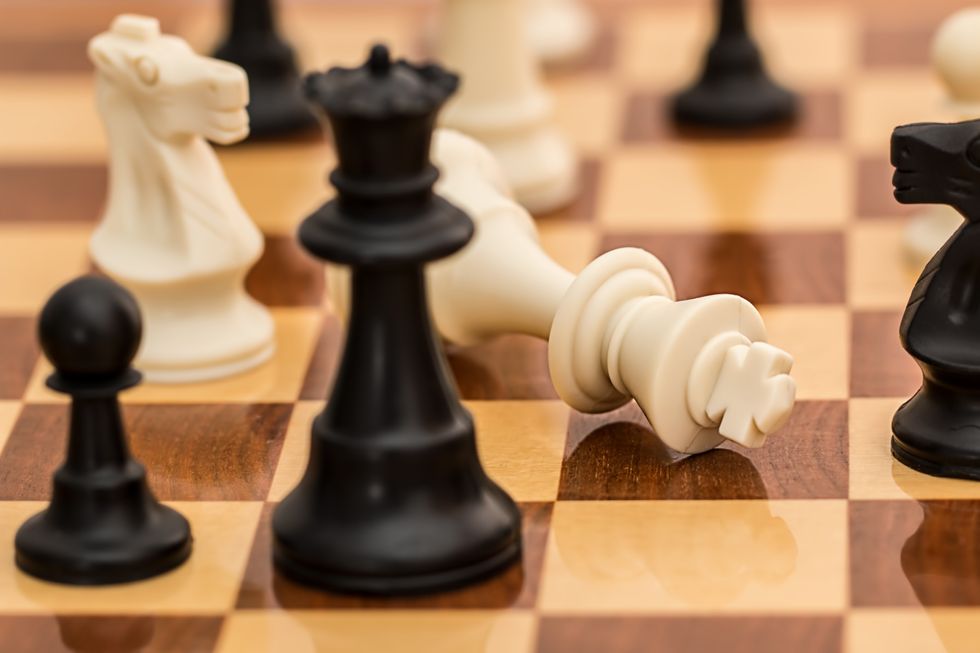My time at college as an Anthropology major has shown me a common trend: eighteen to twenty two year olds sitting around conference tables and picking apart how the world works. Discussing why countries go to war and what makes people so terrible. Although this sounds depressing, and sometimes is, learning about how messed up everyone is has surprisingly proved to be enlightening.
When I was in elementary school learning about the Civil War for the first time, I pictured a sports field of sorts with Abraham Lincoln and Robert E. Lee, or another “bad guy,” sitting on opposite sides of the field in raised chairs so they could see all the action. I imagined there were strict rules and if someone didn’t follow the rules they were kicked out or worse. Since fifth grade, I have learned that war has fewer rules, and violence is crueler than I had ever imagined. I still don’t understand why civilizations could allow such corruption or slaughter. Here are some of my questions and thoughts.
First, is society setting us up to be numb to images of violence and grotesqueness? Historical moments in the past lead me to believe that as civilians we have been sheltered from seeing raw violence: think images published from the Vietnam War with much controversy. But, were we simply shielded because these images shed a negative light on the U.S.? On the other hand, propaganda never spared a moment to attack the enemy country with exaggerated savagery and sadism. I am not attempting to paint the United States as the only monster in the production of violence; no country, government, or region is neutral or completely innocent.
In the present, I feel there is an overexposure to horridness of murder. Numbers and statistics are used to present masses of military deaths, refugees, and children slaughtered in shootings. These figures hold real meaning that's weight cannot be grasped by simple figures and charts displayed by newscasters.
Is it possible that the countless announcements of wars, invasions, and attacks cannot be fully felt without completely depressing those who listen? Is it less painful to simply nod and ignore the fact that in 2017 there were 346 mass shootings in the U.S. alone, almost one every single day? Or, on a global scale, that constant wars are tearing nations to shreds and leaving countless with nowhere to escape?
I fear that we all hide from these frightening facts so often because there has been a pornography of violence in which everyday citizens are being tortured with grim images of brutality to the point of numbness. This repeated reminder of war and violence could, if it hasn’t already, strip the next generation of empathy and hope for peace.
This leads me to my next troubling question: is there such a thing as peace that is realistically attainable? I believe in a specific time and place that an area may have peace, but lasting, border crossing nonviolence, I don’t know if I buy it. With all of the political agendas and intervention, will we ever be able to globally be at rest? Nevertheless, a global movement to disband politics and government is also unattainable. If every country and government is looking out for their own personal gain, I believe peace will never truly come to be; with the wrong motives would nonviolence even truly be peace?
I feel the force of national unrest around me and wonder, is my generation the one which will break through to a better tomorrow? Or will we crumble under the pressure. This article is not meant to infantilize peace, I truly believe it is not a simple goal that can be achieved by singing a little louder or marching a little longer. My purpose is simply to share with others my thoughts as a young person on the issues that are currently plaguing my mind. In conclusion, I believe that peace transcends faulting one person's or nation’s wrong doings, it transcends solving a civil rights issue, and most importantly it transcends a lack of war.









































